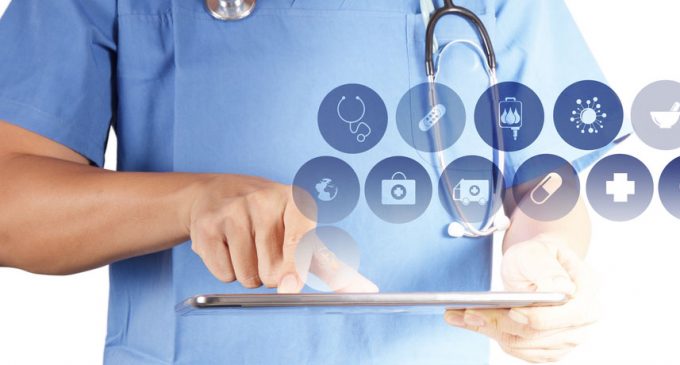Data extraction could lead to faster drugs, study says

The results from the asthma arm of the world’s first digitally enhanced Randomised Controlled Trial (RCT) have been announced.
The Salford Lung Study (SLS) was unique in that it relied on software which allowed it to include a broad population of patients in a real-life setting. By using North West EHealth’s (NWEH) Linked Database System, the SLS monitored patients’ interactions with their GPs, pharmacists and hospitals whilst also integrating their electronic medical records.
By using NWEH’s software, the SLS embraced a wider population, resulting in a substantial amount of data relevant to everyday clinical practice and which is representative of a wider population.
The SLS examined the safety and effectiveness of a new treatment for chronic obstructive pulmonary disease (COPD) and asthma. Results of the study showed that more patients on the newer drug (Relvar Ellipta ) achieved an improvement in their asthma control compared with patients who continued to take their usual care medicines.
The SLS was delivered in partnership with NorthWest EHealth (NWEH), The University of Manchester, Salford Royal NHS Foundation trust, CK Aspire, Salford CCG, University Hospital South Manchester, South Manchester CCG and NIHR Clinical Research Network: Greater Manchester.
The asthma arm of the study involved over 2,800 consenting patients supported by 80 GP practices and 130 pharmacies in Salford and the surrounding Greater Manchester area.
The results highlight that the NWEH’s data extraction and analysis technologies could lead to drugs getting to market faster. The collection of healthcare information in a quick and efficient manner also represents improvements compared with traditional RCTs. These include rapid patient recruitment, reduced clinical development time and costs, and increased responsiveness to patient safety through real-time monitoring.
Professor Martin Gibson, NorthWest EHealth chief executive, said: “This is not about Big Data, this is about understanding the way patients interact with medications in their everyday lives. Our unique technology supports understanding of NHS data to bring the right drugs to market quicker. In addition, this technology is not limited to the UK but could also be applicable to established digitalised health economies across the globe.”
Written by Reece Armstrong






